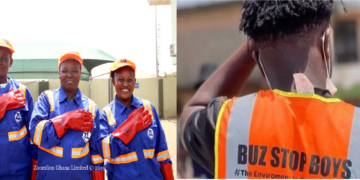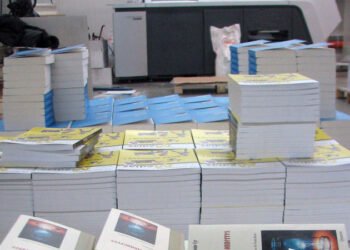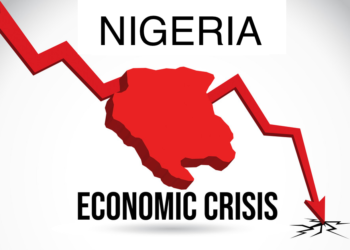Richard is a young farmer – too young perhaps to set out establishing a vegetable farm in Dobidi in the Eastern region. How can a third year University student have the mind to do a labour intensive, capital-required business like that?
Yet, propelled by the prospects of mouth-watering profit, he managed to get the chiefs in the area to lease out some acres of land, assembled hardworking farmers to work on it with the promise of splitting the profit.
He started in 2013 with Ghc500 in the first season. He made Ghc 6,500 out of this.
But Richard is struggling. Struggling to get high-quality seeds, fuel his water pumps to irrigate, as well as struggling to pay for more fertilizers.
Fortunately, so fortunately he doesn’t have to worry anymore. He can slot in a R.Kelly CD – and sing the storm is over.

The Dutch government is in town to help the private sector and companies along the vegetable production chain revolutionize vegetable farming in Ghana.
Through its embassy, the Dutch government last Tuesday launched the Ghana Vegetable Sector Commercialization program, GhanaVeg at the La Palm Royal Beach Hotel.
The program is so crucial, according to a statement by the Netherlands Embassy, Ghana imports and “is still importing US$85 million worth of onion that can easily be produced in Ghana”.
According to Mr. Samuel Asante-Mensah, the President of Ghana Institute of Horticulturalists and Chairman of the GhanaVeg Advisory Board, what is needed to reverse this incredibly unacceptable situation, is to remove “bottlenecks that affect the vegetable sector”.
To this end, GhanaVeg has received €4 million from the Netherland government to disburse from 2014 to 2017. GhanaVeg can support innovative projects with a grant of up to $ 50,000.
The program which was launched by the Ambassador His Excellency Mr. Hans Docter, is therefore calling for proposals from all actors along the vegetable production chain – seed growers, researchers, exporters and farm-owners interest in expansion – to submit proposals.
The first business opportunity call targets proposals from the vegetable seed industry, supporting seed companies to increase availability of quality seeds in the sector and provide follow up support to farmers to make the most of seeds.
The second call focuses on supporting companies that want to invest in chain intergration. This call aims at supporting direct chain arrangements between exporters, processors, wholesalers,and/ or retailers on one hand and vegetable producers on the other with the aim of building long term market partnerships.
The third call, part of the R&D innovation fund, focuses on testing and developing technologies in the vegetable input supply sector, in terms of irrigation systems, soil fertility management, the introduction of new crop varieties and support for better crop products.
Mrs. Catherine Krobo-Edusei Benson, Managing Director of Eden Tree, a vegetable wholesaler targeting hotels and the high-end market said “currently I cannot get enough vegetables to supply all my customers”.
She understands the need for a change in approach to vegetable farming from subsistence farming to commercial production.
“Business as usual is not going to provide us with quality, healthy, vegetables that the market requires. We should move towards new ways of doing business, working closely together with vegetables farmers”
Something that resonates with young Richmond –the green pepper farmer.
















